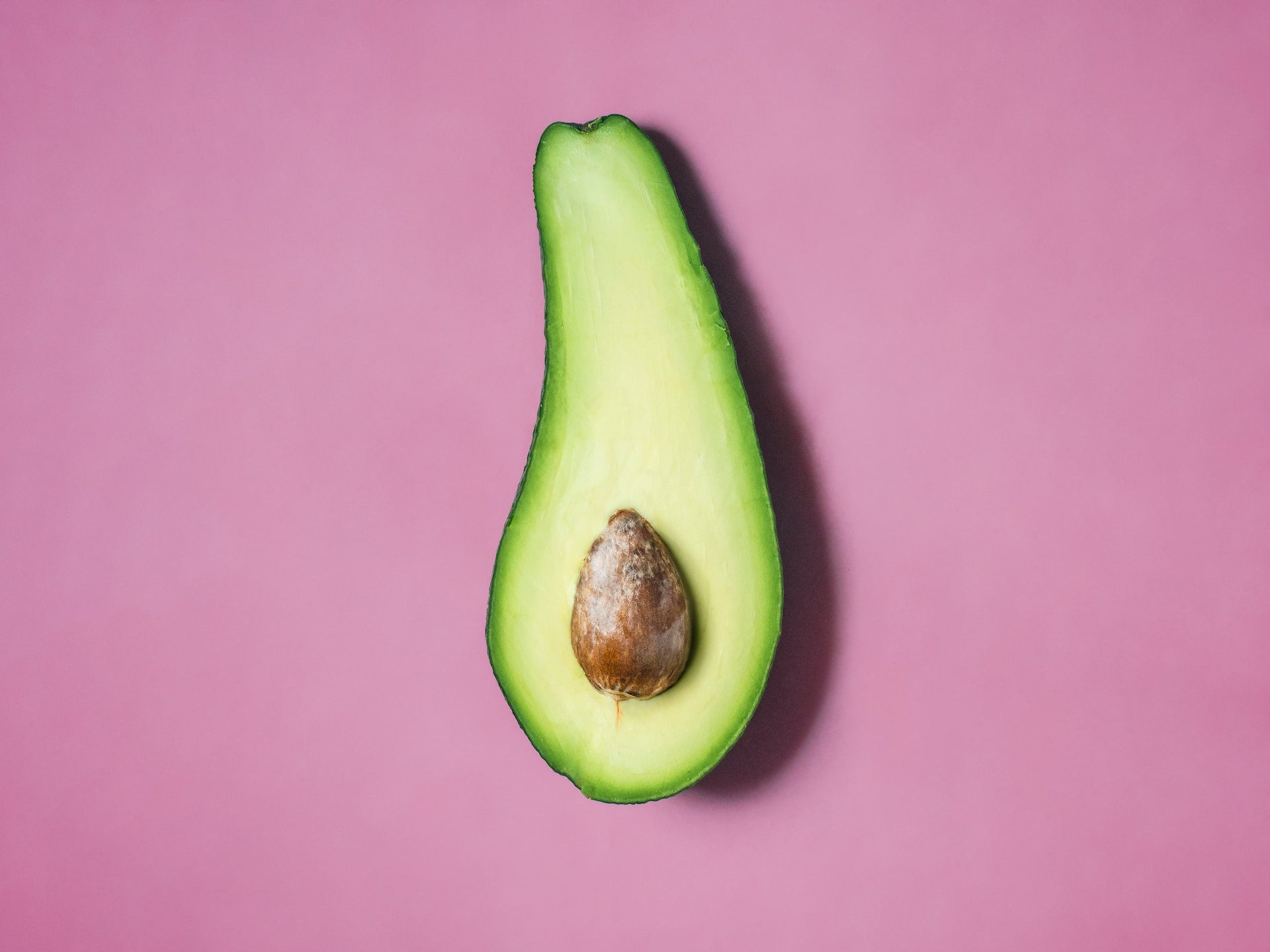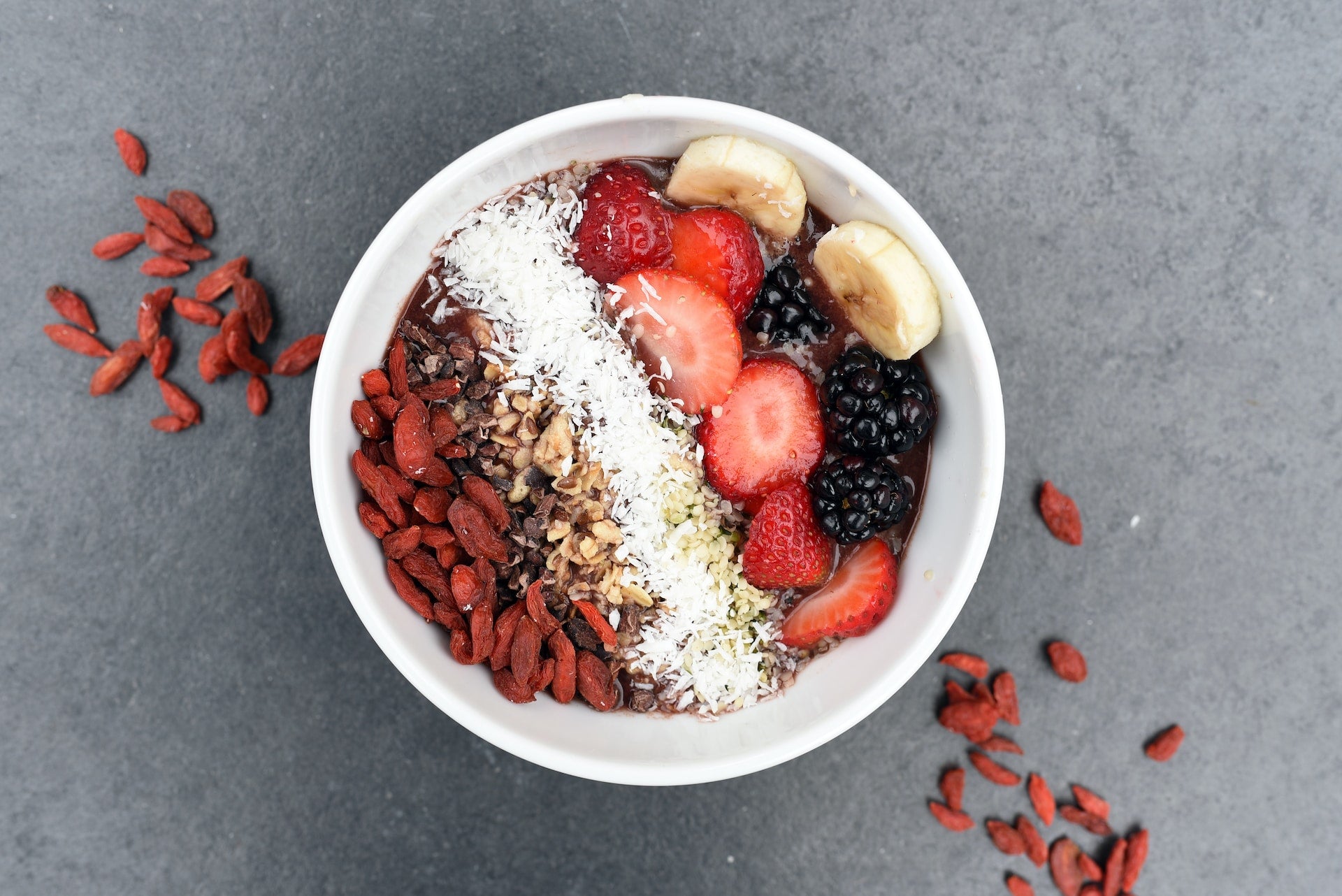Plant-Based Eating: A Guide to Transitioning to a Vegan or Vegetarian Diet

Embracing a plant-based diet, whether vegetarian or vegan, is a transformative step toward a healthier, more sustainable lifestyle. It's a choice that benefits not only your own well-being but also the planet. In this guide, we will assist you in making a smooth transition to a plant-based diet by offering insights into nutrition, meal planning, and ethical considerations.
Understanding Plant-Based Eating
Plant-based eating primarily revolves around consuming foods derived from plants, such as fruits, vegetables, grains, nuts, seeds, and legumes. There are two main categories:
-
Vegetarianism: Vegetarians avoid meat but may consume animal by-products like dairy, eggs, and honey.
-
Veganism: Vegans abstain from all animal products, including meat, dairy, eggs, honey, and any other animal-derived ingredients.
Nutrition and Balanced Plant-Based Eating
One of the primary concerns when transitioning to a plant-based diet is ensuring you get all the essential nutrients. Here are key nutrients to focus on:
-
Protein: Incorporate plant-based sources of protein like beans, lentils, tofu, tempeh, quinoa, and nuts into your meals. These provide the amino acids your body needs.
-
Iron: Opt for iron-rich foods like dark leafy greens, fortified cereals, beans, and lentils. Pair them with vitamin C-rich foods like citrus fruits to enhance iron absorption.
-
Calcium: Fortified plant milk, calcium-set tofu, kale, and almonds are excellent sources of calcium.
-
Vitamin B12: Since B12 is primarily found in animal products, consider fortified foods or supplements to meet your B12 needs.
-
Omega-3 Fatty Acids: Flaxseeds, chia seeds, walnuts, and hemp seeds are sources of plant-based omega-3s.
-
Vitamin D: Exposure to sunlight and fortified foods can help you obtain adequate vitamin D.
-
Iodine: Iodized salt and seaweed are sources of iodine in a plant-based diet.

Meal Planning for Success
Effective meal planning is key to a successful transition. Here are some tips:
-
Start Slowly: Gradually replace animal-based meals with plant-based alternatives to ease into the transition.
-
Explore New Recipes: Experiment with diverse cuisines and try new plant-based recipes to keep meals exciting.
-
Plan Balanced Meals: Ensure your meals include a variety of vegetables, fruits, whole grains, and protein sources to meet your nutritional needs.
-
Prep in Advance: Cook and prep ingredients in batches to save time during busy days.
-
Read Labels: Familiarize yourself with common animal-derived ingredients to make informed choices.
Ethical Considerations
Plant-based eating often goes hand in hand with ethical considerations, such as animal welfare and environmental impact. Many individuals choose this lifestyle for these reasons:
-
Animal Welfare: Reducing or eliminating animal product consumption aligns with ethical concerns about the treatment of animals in the food industry.
-
Environmental Impact: Plant-based diets have a lower carbon footprint and reduce the strain on natural resources, making them a more sustainable choice.
-
Health Benefits: A well-balanced plant-based diet is associated with a reduced risk of chronic diseases like heart disease and certain cancers.
-
Global Food Security: By relying less on animal agriculture, plant-based diets can potentially help address global food security issues.
Conclusion
Transitioning to a plant-based diet is a commendable choice for your health, the environment, and animal welfare. With careful consideration of your nutrition, thoughtful meal planning, and an understanding of the ethical implications, you can embark on this journey successfully.
Remember that the transition can be a gradual process, and it's okay to take small steps towards a fully plant-based diet. Surround yourself with supportive resources, such as plant-based cookbooks, online communities, and nutrition experts, to ensure you have the guidance and encouragement you need. Ultimately, embracing plant-based eating is a positive and impactful step towards a healthier, more sustainable future.




